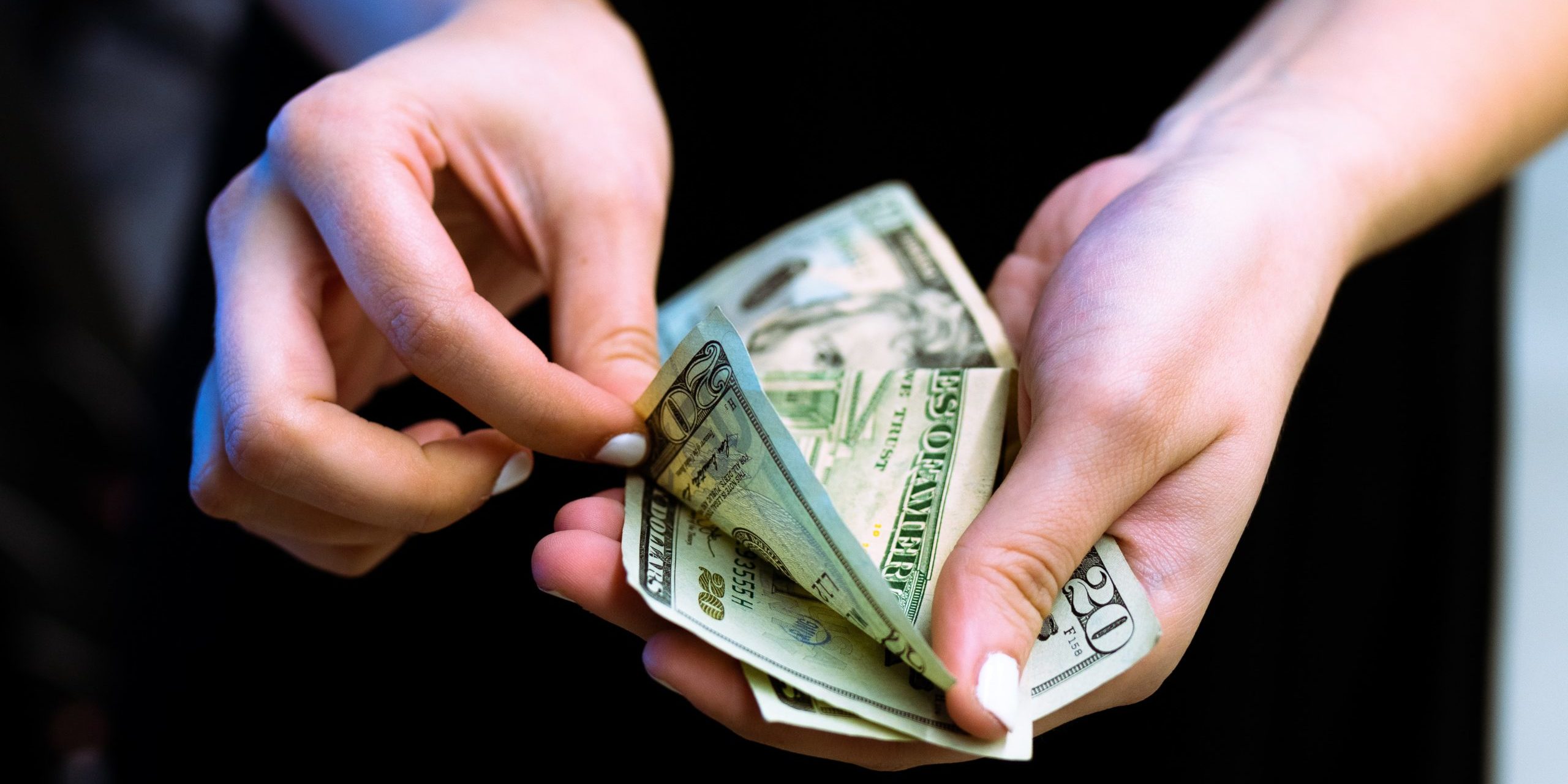This article originally appeared in the Daily Herald. Read it in its entirety here.
A Salt Lake City-based nonprofit filed a price gouging complaint with the Utah Division of Consumer Protection against a pharmacy that sold the state $800,000 worth of an anti-malaria drug that’s been touted as a COVID-19 treatment despite warnings from medical experts.
Alliance for a Better Utah submitted the complaint against Draper-based Meds in Motion on Tuesday “stemming from the State of Utah’s recent purchase of 20,000 courses of treatment of antimalarial drugs from Meds in Motion for $800,000.”
On Thursday, the Deseret News reported that state officials purchased medication packs consisting of hydroxychloroquine, chloroquine and zinc, from Meds in Motion on March 31 without notifying the Utah Department of Health.
The complaint, written by Executive Director Chase Thomas, said that Meds in Motion CEO Dan Richards “has been publicly advocating the use of chloroquine and hydroxychloroquine to treat COVID-19 and actively lobbying the state to purchase the drugs from his company,” noting that Richards appeared in a press conference with Senate President Stuart Adams, R-Layton, on March 20.
Thomas alleged that calculations by Alliance for a Better Utah show that the pharmacy sold the state drugs at an inflated price.
“From our own examination of hydroxychloroquine prices on GoodRx conducted on Monday, April 27, 2020, 60 tablets could be purchased with a free GoodRx discount for $14.95 at Smith’s Pharmacy,” the complaint said. “Even while paying cash without the GoodRx discount, the price for 60 tablets is an average of $176.91. At $5.71 per tablet, the price from Meds in Motion is almost double the non-discounted price for these drugs ($2.95 per tablet) and almost ten times the price of these drugs for most consumers ($0.25 per tablet).”
In the complaint, Thomas accused Meds in Motion of “attempt(ing) to take advantage of a crisis to exploit the use of taxpayer funds” and called on the Division of Consumer Protection to investigate.
“Price gouging is an exploitative and unethical practice, especially during a time of crisis or emergency,” Thomas wrote. “This is even more true when the goods in question are medications.”
This article originally appeared in the Daily Herald. Read it in its entirety here.

